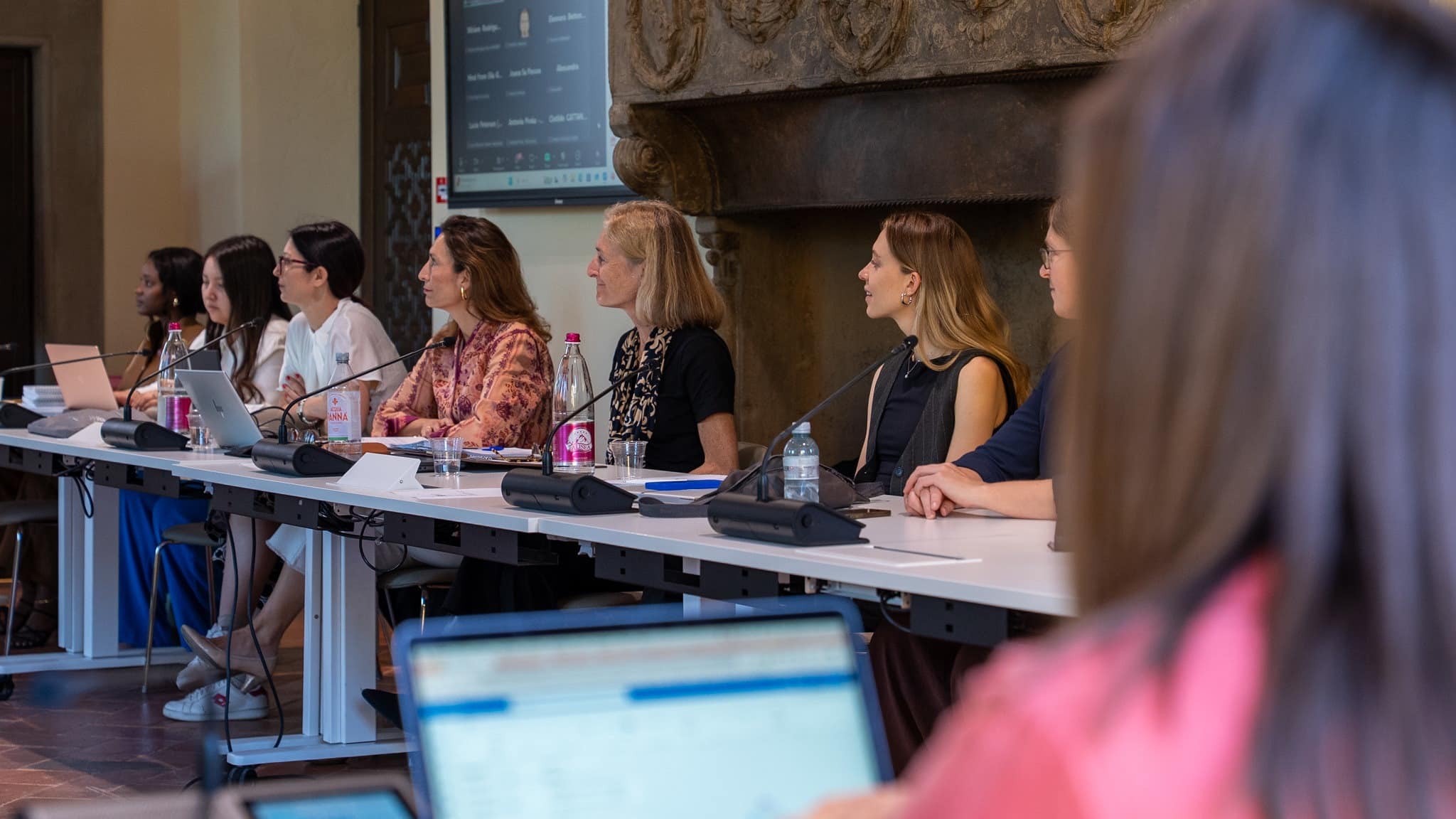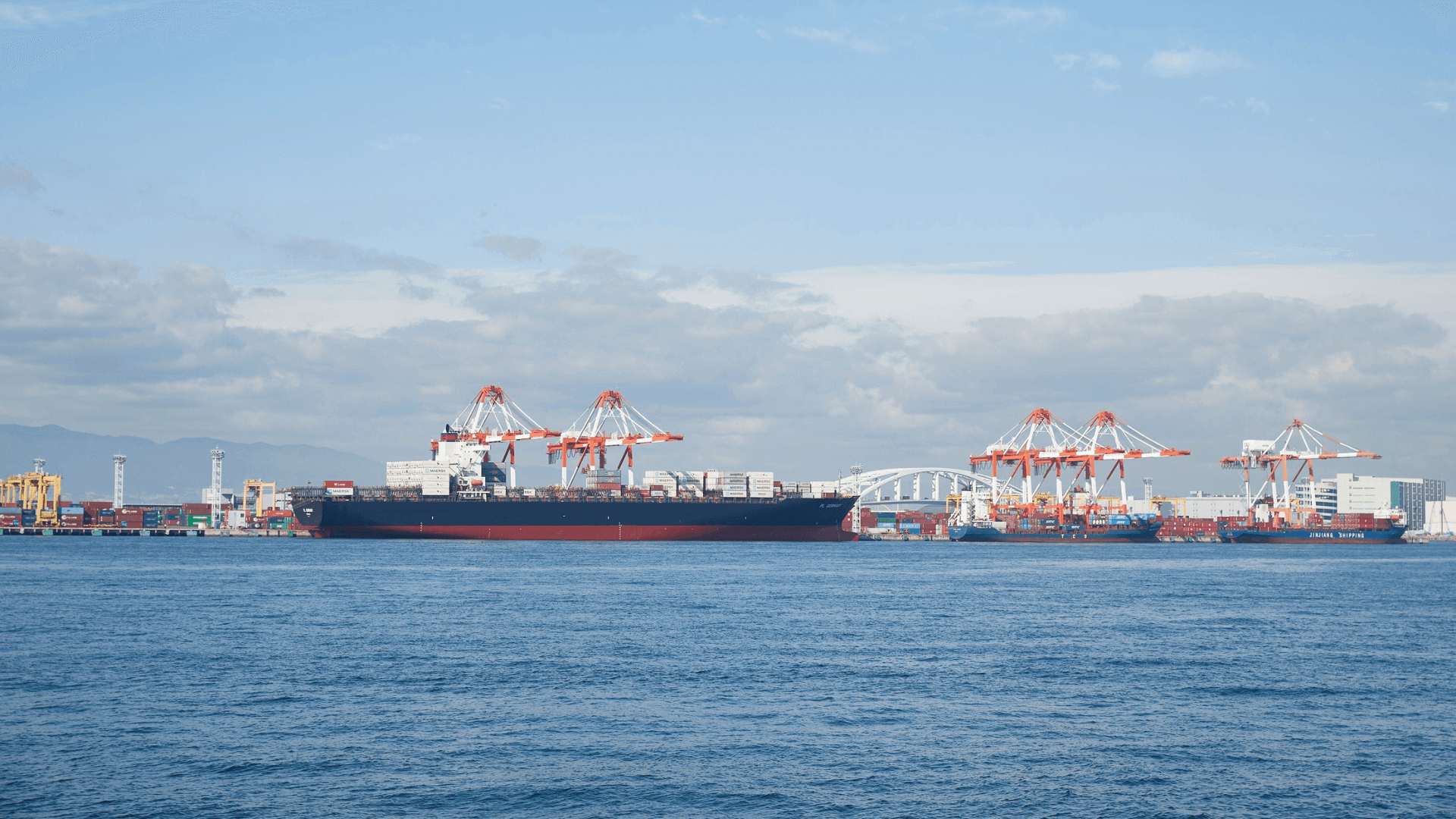17th Florence Rail Forum: Green Finance and Sustainability, Which Role for Railways?

Following the usual approach of the Florence School of Regulation, stakeholders and academics will join the 17th Florence Rail Forum to discuss the most pressing rail regulatory issues. On this occasion, the discussion will revolve around the topic of “Green Finance and Sustainability – Which Role for Railways?”. We will assess how railways can become a more effective tool in the fight against climate change, in particular by looking at green financing and by exploring the various green financing mechanisms as potentially applicable to railways.
DOWNLOAD
European Transport Regulation Observer
BACKGROUND
Transport represents almost a quarter of Europe’s greenhouse gas emissions and is the main cause of air pollution in cities. The EU’s ambitious climate reduction targets, in line with the Paris Agreement and the UN 2030 Agenda for Sustainable Development, will be impossible to reach without systematically addressing emissions from transport. Indeed, the sector has not seen the same gradual decline in emissions as other sectors, as emissions only started to decrease as of 2007 and still remain significantly higher than in 1990.
Rail only accounts for 1.7% of total energy consumption in transport although it carries 17.4% of inland freight and 7.6% of passengers in the EU. Due to their low CO2 emissions, railways have the potential to play a significant role in accelerating transport emission reductions.
In order to achieve the EU’s climate and energy targets as agreed in Paris, including a 40% cut in greenhouse gas emissions, around €180 billion of additional investments a year will be needed, €80 billion of which being needed for transport alone.
The Connecting Europe Facility (CEF), the European Fund for Strategic Investment (EFSI) and the European Structural and Investment Funds (ESIF) support infrastructure projects connecting the EU and its regions. In particular, 60% of the CEF budget will contribute to climate objectives in line with the EU’s commitments under the Paris Agreement. For the period 2021-2027 a total budget of €30.6 billion from CEF will finance transport projects, aimed i.a. to decarbonise transport and to stimulate the EU transition towards connected, sustainable, inclusive, safe and secure mobility. Additional substantial resources will be made available from the ESIF and InvestEU post 2020.
Nevertheless, to achieve these ambitious goals of sustainable development, the involvement of the private sector will be required, which in turn calls for new financing instruments, or even a general change to the EU’s financial eco-system altogether.
At a global level, transport is the sector with biggest potential in the universe of climate –aligned bonds. According to Climate Bonds Standards, in 2017 bonds for a value of USD 895 billion were issued and 61% of those were in the transport sector. However often issuers still have trouble to demonstrate the climate benefits of investments in the rail sector. A clearer taxonomy and standards about green bonds (or broader sustainable development bonds) would help to bring additional finance to the rail sector.
In order to mobilize more private capital for green and sustainable projects, the European Commission presented in March 2018 the Action Plan on Sustainable Finance and adopted in May a package of legislative proposals. Concretely, the plan aims at establishing a common language for sustainable finance, i.e., an EU sustainability taxonomy providing a unified classification system of climate, environmentally and socially-sustainable activities, green bonds standards, metrics for climate-related disclosures, etc. The taxonomy will define what is sustainable and identify areas where investment can make the biggest impact. A proposal for a regulation (COM(2018) 353 final) sets out the characteristics of the screening criteria to be developed.
This means that the rail sector will need to provide definitive quantitative evidence on its green credentials. An increasing number of rail infrastructure operators already develop such methodologies; yet the current rail related analysis is not strong enough and further study of the green financing in the railway sector is needed.
The 17th Florence Rail Forum will assess how railways can become a more effective tool in the fight against climate change and promote sustainability and decarbonisation. In particular, we will do so by looking at green financing and by exploring the various green financing mechanisms as potentially applicable to railways. More specifically, we will address the following four questions:
- Sustainability objectives and green rail projects: how can rail deliver?
- What is the role of taxonomy and which rail projects could be covered by sustainable financing mechanisms? What are the success stories?
- How to assess economic and financial impact of green investments in rail? What are the primary (projects) and secondary (network) impacts, and what are the interests for investors?
- What are the right technical screening criteria for green investments? How the certifying, monitoring and reporting activities have to be organized?
RELATED PRESENTATIONS
Introduction to the 17th Florence Rail Forum – MATTHIAS FINGER, Florence School of Regulation/Ecole Polytechnique Fédérale de Lausanne
EU sustainable finance agenda and rail policy perspective – ANNIKA KROON and ANTONGIULIO MARIN, DG Move, European Commission
Sustainability objectives and green rail projects: how can rail deliver? – RAIMONDO ORSINI, Sustainable Development Foundation
Sustainability objectives and green rail projects: how can rail deliver? – STEFAN REMMERT, Deutsche Bahn AG
Sustainability objectives and green rail projects: how can rail deliver? – ARTURS ALKSNIS, UNIFE, European Rail Industry Association
What is the role of taxonomy and which rail projects could be covered by sustainable financing mechanisms? – MANUEL FRESNO, Spanish Railway Infrastructure Administrator
Ticket to a greener mobility: sustainable financing of railway sector – ETHEM PEKIN, Community of European Railway and Infrastructure Companies
Development of a methodology to assess the ‘green’ impacts of investment in the rail sector and projects – OLE KVEIBORG, COWI
Eco Scoring – MATTHIEU WOJCICKI, International Union of Railways
Impact of green investments in rail – PAUL MAZATAUD, PRIME Financing Subgroup
FS First Green Bond – EMTN bond issuance Series 7 – VITTORIA IEZZI, Ferrovie dello Stato Italiane
Green finance: how to assess the impact of rail impact? The experience of EIB – FELIX ARDIACA, European Investment Bank
Don’t miss any update on our events
Sign up for free and access the latest events from our community.












